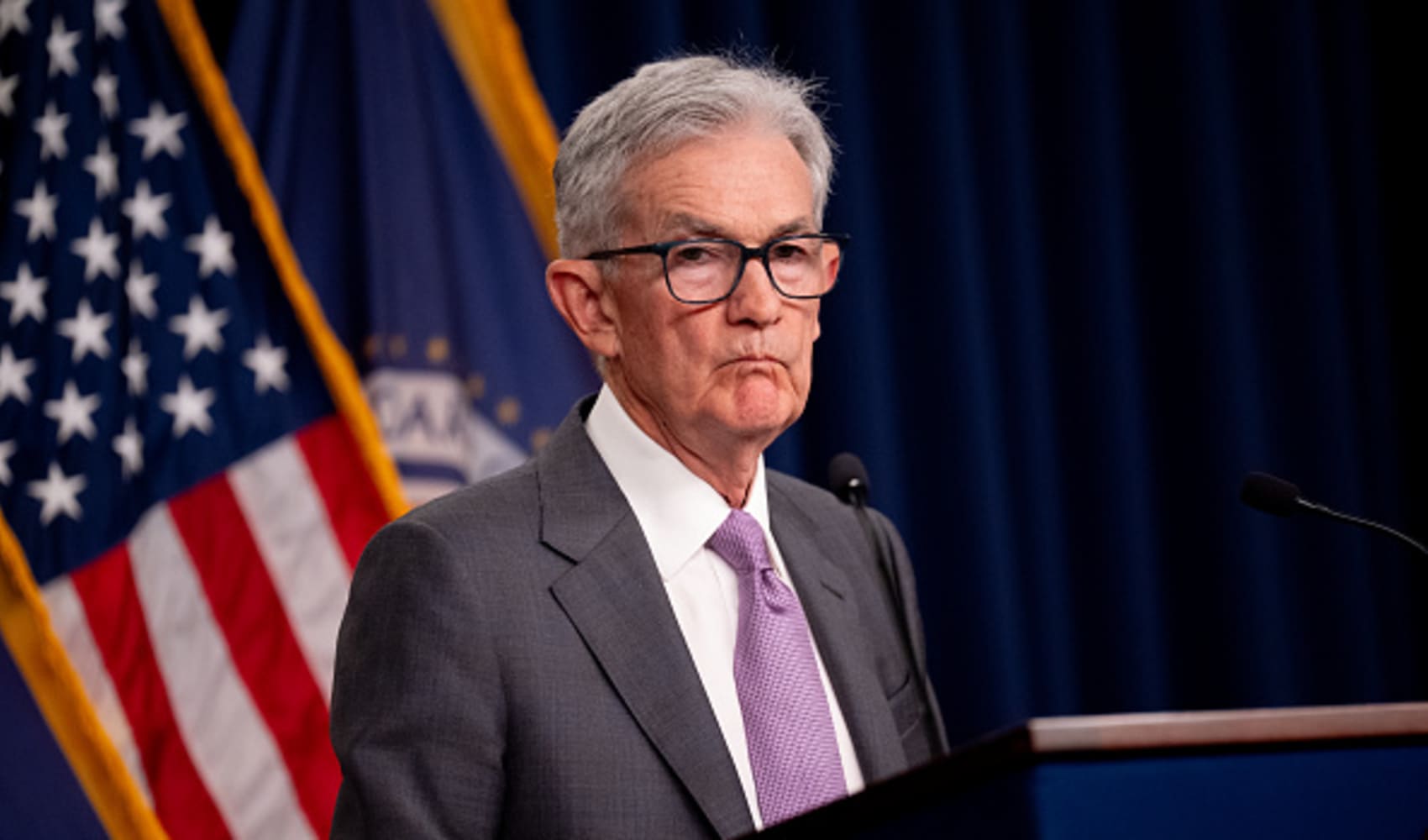
- Russia appears to have launched a major counteroffensive to retake large areas of its Kursk border region that were seized by Ukrainian forces in a bold incursion that began last month.
- Russian Maj. Gen. Apti Alaudinov, who commands special forces fighting in Kursk, said Wednesday that Russian troops taken back control of about 10 settlements in Kursk, a region across the border from northeastern Ukraine.
Russia said it has launched a major counteroffensive to retake large areas of its Kursk region that were seized by Ukrainian forces in the border incursion that began last month.
Russian Maj. Gen. Apti Alaudinov, who commands special forces fighting in Kursk, said that Russian troops took back control of about 10 settlements in Kursk, which borders northeastern Ukraine.
"Our situation is good ... our units have gone on the offensive. Yesterday and by today [Wednesday], in total, about 10 settlements of the Kursk region were liberated," Alaudinov, who is also deputy head of the Russian Defense Ministry's military-political administration, told Russian state news agency Tass in comments translated by Google.
The Hurricane season is on. Our meteorologists are ready. Sign up for the NBC 6 Weather newsletter to get the latest forecast in your inbox.
On Thursday, Russia's foreign minister, Sergey Lavrov, said Ukrainian forces were "now being steadily squeezed out from" Kursk, and "will be squeezed out completely, there can be no doubt about it," he told news agency RIA Novosti.
Ukraine has not commented or confirmed that a Russian counteroffensive has begun but Western defense analysts said Wednesday that geolocated footage and visual evidence confirms counterattacks are taking place, showing Russian troop movements and operations in Kursk.
"Russian forces began counterattacks along the western edge of the Ukrainian salient in Kursk Oblast and reportedly seized several settlements northeast and south of Korenevo on September 10 and 11. The size, scale, and potential prospects of the September 11 Russian counterattacks in Kursk Oblast are unclear and the situation remains fluid," analysts at the Institute for the Study of War think tank said in analysis Wednesday.
Money Report
Russian forces may intend to temporarily bisect the Ukrainian salient — a military feature that extends into enemy territory and is surrounded on three sides, such as Ukrainian forces' thrust into Russia's Kursk region — "before beginning a more organized and well-equipped effort to push Ukrainian forces out of Russian territory," the analysts said.
The ISW noted that visual evidence suggested that Russian forces deployed in Kursk were operating in company-sized units of 100-250 soldiers and may be using more combat-experienced units to conduct the counteroffensive. If confirmed, the strategy signals the importance Russia is placing on ending an incursion that has embarrassed the Kremlin and exposed weaknesses in Russia's national security.
Ukrainian forces advanced rapidly at the start of the audacious border raid that began Aug. 6, taking control of almost 1,300 square kilometers (around 500 square miles) of territory since then, and capturing 100 settlements and hundreds of Russian prisoners of war in the process, Ukraine's army chief said at the end of August. The incursion prompted regional authorities to evacuate 150,000 people living in the region, as well as neighboring Belgorod.
Read more
Ukraine wants more negotiating power as forces advance into Russia, humiliating Moscow
Ukraine must decide how its Russian incursion ends — advance further or retreat before it’s too late
Russia appeared to be stunned by Kyiv's incursion, initially playing it down before redeploying troops from the eastern front in Ukraine to the Kursk area, but perhaps not as many as Ukraine would have hoped as it looked to stop Russian advances in eastern Ukraine.
Kyiv also said it saw the incursion as a way to gain negotiating power in any future peace talks with Russia, talks which it is likely to be pushed toward in the near future as the war approaches its three-year anniversary.
Russian shift
As for Russia, its overall response to the incursion has generally been muted until now, with Ukraine's Kursk offensive rarely featuring in the tightly controlled Russian media space or commented on by officials, a common tactic used by the Kremlin to bury bad news.
Russian President Vladimir Putin has expressed his fury at the incursion on several occasions, however, berating officials and reportedly ordering his forces to have quashed the offensive by Oct. 1.
Putin last week described Ukraine's operation as a "failure," saying it had failed in its presumed bid to prompt Russia to redeploy forces from eastern Ukraine to Kursk.
"The enemy's goal was to make us nervous and worry and to transfer troops from one sector to another and to stop our offensive in key areas, primarily in the Donbas," Putin said. "Did it work? No," Putin told the Eastern Economic Forum last week, in comments translated by Reuters.

In the meantime, Ukraine has appeared to row back on its somewhat triumphalist messaging on its Kursk operation as momentum seems to have stalled in recent weeks. Ukraine has faced the dilemma of whether to commit further forces to the incursion, or to reinforce forces back home in eastern Ukraine in order to prevent Russia seizing the strategically significant city of Pokrovsk.
Now, Russia is looking to turn the tables on Ukraine with its Kursk counteroffensive, which has been met with approval by Russia's legion of pro-war and pro-Kremlin "milbloggers" — Russian defense experts regularly commentating on the war, who praised the counterattacks in Kursk and the bid to retake territory.

The closely followed pro-war Rybar channel, known to have links to Russia's military, commented Wednesday on the Telegram social media platform that Russian forces were advancing in parts of Kursk and had already retaken several settlements.
"In the Kursk region, Russian troops continue their counteroffensive in the Korenevsky district, developing the successes achieved in the previous days and displacing the enemy from the occupied lines," the channel said, in comments translated by Google.
Russia's Defense Ministry has claimed that 12,000 Ukrainian military personnel have died in the Kursk operation since it began on Aug.6. The ministry did not provide evidence for the claim and casualty figures are frequently manipulated by both sides to accentuate the opponent's losses.






